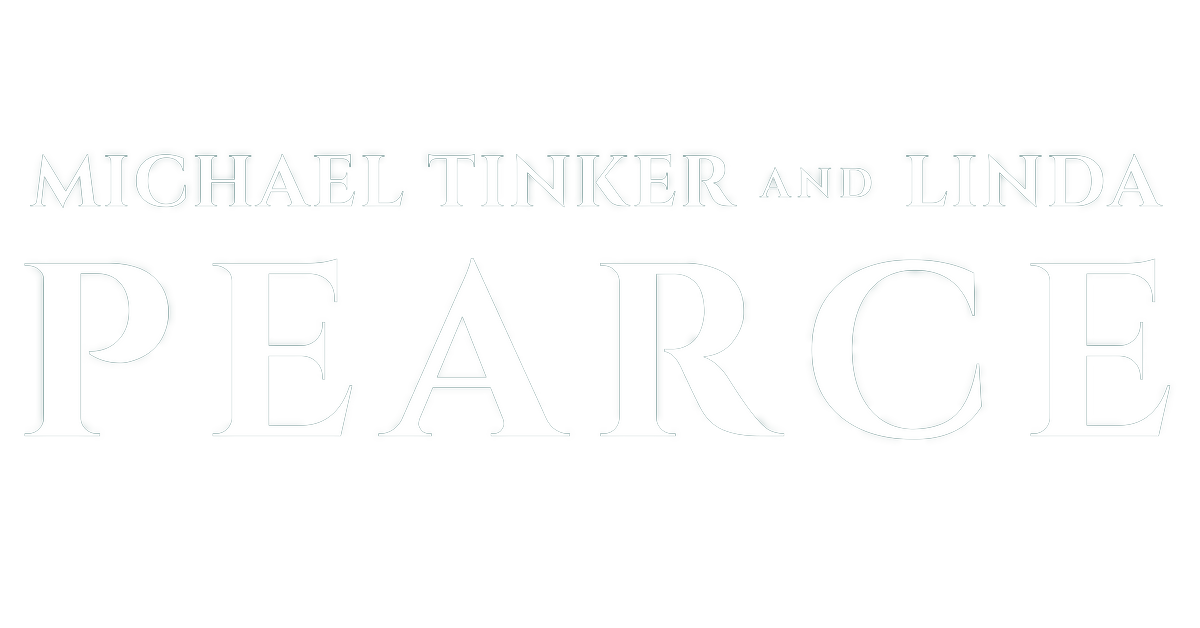Recently I published an excerpt from the upcoming sequel to ‘Diaries of a Dwarven Rifleman,’ ‘Lord of the North.’ One reader responded, “Engvyr is a badass!” I was, I confess, a bit surprised. It had never occurred to me that my main character could be characterized that way. After thinking about I realized, “Oh my God– He is a badass!” I wondered how I could ever have missed it…
I commented on this to Linda and she said, “Of course he’s a badass– he’s you.”
*blink*
Wait– I’m a badass? Um… I don’t think so… really?
The thing is all of our characters have something of us in them. As a writer you can’t help but inject yourself into a character. But you don’t have to be a badass to write a badass. You don’t have to be evil to write an evil character and you don’t have to be a genius to write a genius.
I can’t do the things Engvyr does. Not just because I’d go to jail, either. Engvyr is not a badass because I am; he’s a badass because he is. As I am writing I am not thinking, “What would I do?” I’m thinking, “What would I do if I lived in his world, had his skills, upbringing and life-experience?” Those are the things that make Engvyr a badass, not me. To one extent or another we writers do that with every character we write; we think, “What would I do in this situation if I were them?” The better you ‘get’ the character the more successful this is. The reader never gets jolted out of the story because someone does something inconsistent. This means of course that you need to really grasp your character, the world they live in and how they interact, how they have been shaped by the history of that world and their personal history.
One of the things that affects Engvyr and all the dwarven characters is their lifespan. They live up to three hundred years and this shapes them, and their culture, in ways that are not immediately obvious. They speak of decades the way we speak of years. For example dwarves tend to be environmentally responsible. When a human looks at something that is going to be a problem in a hundred years he shrugs- it won’t be his problem. But a dwarf is still going to be there and it will be his problem. When a dwarf makes something, from a weapon to a footstool, he builds it to last decades because if it doesn’t he’ll have to replace it.
It really changes everything. Our dwarves know about mass-production but generally apply it only to things like military gear. Why? Because things are made to last because they have to be. If a dwarf buys a chair from you and it wears out in fifty years he’ll buy the next one from someone else. Mass production doesn’t work for dwarves because the market forces created by their long lives changes their definition of what constitutes a ‘quality’ product, and their definition does not allow for a ‘disposable’ consumer society.
Gillette looks at the idea of a razor and says, ‘This needs to cost enough that we can make a profit while still being cheap enough that our customers won’t mind throwing it away and buying another one.’ It doesn’t matter that if everyone throws away three razors a month in a hundred years they will be buried under them. They’ll be dead and it will be someone else’s problem.
A dwarf looks at the idea of a razor and says, “How can I make this so that my customer will still be happy with it in a hundred years?” Because that customer is still going to be around in a hundred years, and if all his customers were throwing away three of them a month he would personally be buried in them. Since he is not mass producing them he doesn’t need to sell huge quantities to justify ‘tooling up’ to mass produce them. Yes, they cost a lot more than the disposable item… but buying one is an investment; you can justify spending more if it is going to useful for decades or centuries.
When writing our dwarves we have to always take the long view. Not because dwarves are wise, but because they have learned through bitter experience that if they don’t take the long view they, personally, will have to deal with the consequences. It changes everything from the way they view consumer goods to foreign policy. As their writers we have to bear that in mind.
This rubs off on us. Earlier this fall I was looking for some disposable razors and chanced across an old-fashioned double-edged safety razor. I decided to try it even though it was great deal more expensive than a pack of disposables. The result? Quality. The ‘new’ razor was designed to last. A blade lasts a month instead of a week, and it produces an excellent shave. Because if it didn’t I would buy a different brand of blade next time, so market forces have insured that these blades will be as good as the manufacturer can make them. As for the handle I’ll probably still be using it until I die- because it works and will keep working and it’s cheaper than buying inferior disposable razors. I have a better shave and over the next few decades will save a small fortune.
Those Dwarves may be on to something here…
